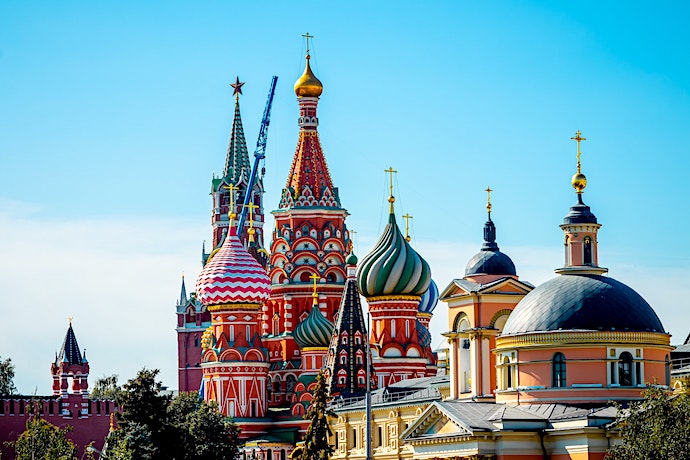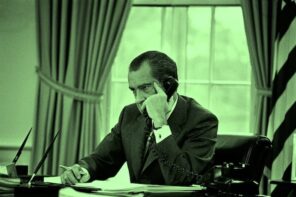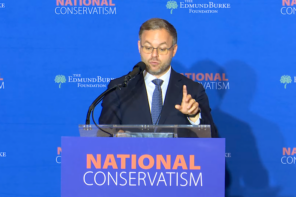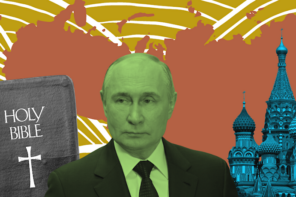While the world waits for Russian oligarchs to tire of their yachts being seized and for them to turn against Vladimir Putin, it appears that Putin’s counterpart and accomplice in the Russian Orthodox Church, Patriarch Kirill of Moscow and All Rus, is already facing a rebellion from within, pointing once again to the deep divides that animate the Orthodox Christian world—both inside and outside of Russia—and play a significant role in the continuing conflict in Ukraine.
Despite what some in the Western press have been willing to believe, Patriarch Kirill has not been an advocate for peace. In fact, he has at times seemingly gone out of his way to provoke the situation, conjuring the memory of old hatreds and false histories. This has stood in sharp contrast to many, if not most, of the responses from Orthodox Christian leadership around the world. Although, as George Demacopoulos notes in Commonweal, the Church of Bulgaria, the Church of Serbia, and the Church of Jerusalem seem uncertain who the aggressor is, while Metropolitan Hilarion, the head of the independent, US-based, Russian Orthodox Church Outside of Russia (ROCOR), decided to use his statement to make comments that seemingly undermine Ukrainian sovereignty. Still, many Orthodox Christian leaders, including the Ecumenical Patriarch of Constantinople, have been explicit in their criticism of Putin and his invasion.
While these differences speak to the conflict between Orthodox jurisdictions around the world, Kirill is now experiencing public dissent for his pro-Putin position from within his own fiefdom.
Hundreds of Russian clerics have signed a letter calling for an end to the war in Ukraine, a rare show of opposition from the Russian Orthodox Church inside of Russia. Moreover, and perhaps even more threatening to Kirill’s and Putin’s long term ambitions, a number of outposts of the Moscow Patriarchate abroad (including those in Ukraine) have shown clear signs of wanting to make a formal break.
Most explicitly, priests in the Ukrainian Archdiocese of Lviv, which remains part of the Moscow Patriarchate, have sent an open letter to their local bishop asking that a council be called to contemplate their independence from Moscow. Other priests have ceased “commemorating” Kirill—in other words, they’ve stopped acknowledging and praying for him during services. Typically in the Orthodox world, the end of such prayers is a clear sign of schism, a break of one church body with another.
But as Father Cyril Hovorun, a Ukrainian Orthodox priest and theologian, and one of the world’s leading experts on political Orthodoxy, has noted, this may not be the case here. These are, after all, extraordinary circumstances. But after years of demanding that he, Patriarch Kirill, is the chief pastor of Ukraine, to the point of causing open rifts within the wider global Orthodox communion, these are damning failures.
But schism or no schism, these instances of objection from within churches ostensibly under the authority of the Moscow Patriarchate suggest once again that this is not only a war between Russia and the West, but a war within Orthodoxy itself. While no one would expect people to easily pray for a faraway bishop seemingly indifferent to the fact that bombs are falling on them (as is precisely the case for Ukrainian Orthodox Christians under the Moscow Patriarchate at the moment), the fact that clerics within Russia seem to be publicly expressing dissatisfaction with Kirill’s pastoral guidance is a bit more shocking.
While it might have been possible for years to see the current dispute within Orthodox Christianity as a revival of all the old cultural and national divides that have shaped so much in its history, what we’re seeing here is truly an ideological contest that’s cutting across those old divisions. This is a battle within Orthodoxy about what it means to be an Orthodox Christian in the 21st century. And as of now, the winner remains unclear.





